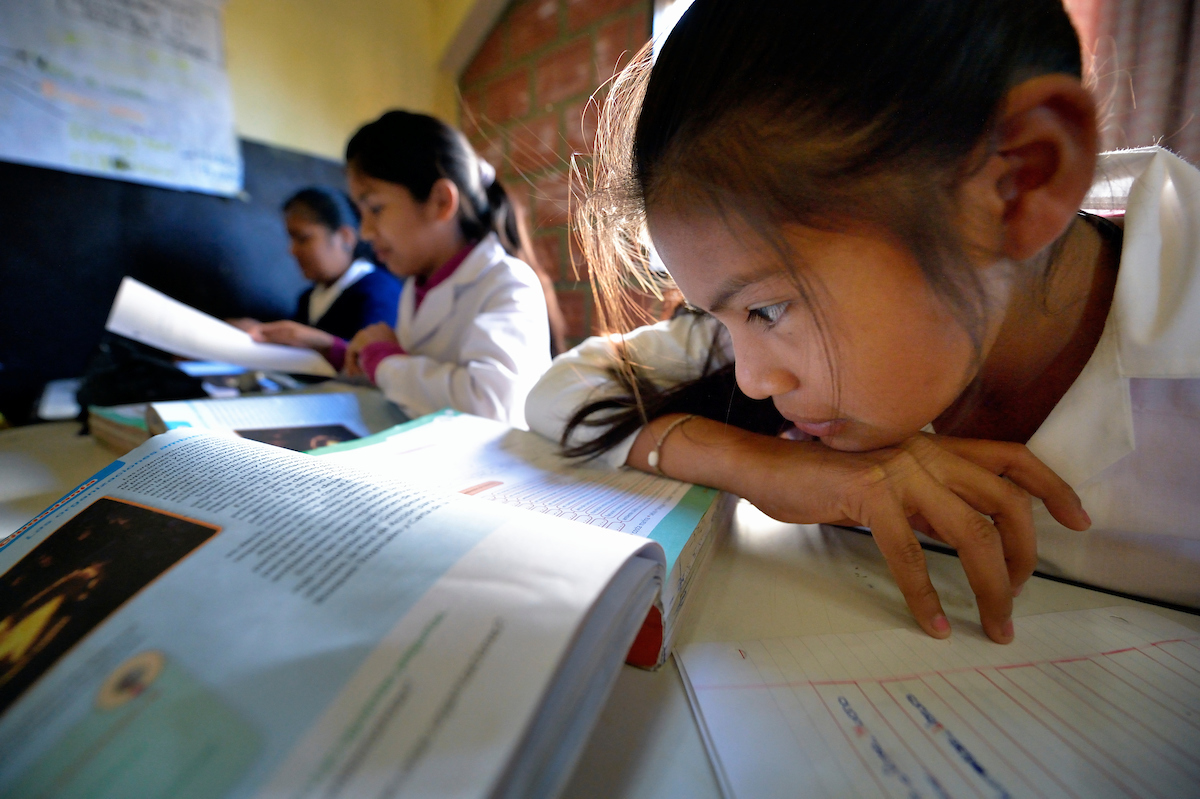By Gloria Pua Ulloa
Climate change is increasing extreme weather events and has significant impacts on both ecosystems and people’s lives. Droughts, hurricanes, floods, and fires affect millions of people in Latin America each year,
jeopardizing food sovereignty and leading to significant migratory movements in the region.
The extractive economic model and deforestation promoted by the hegemonic economic model threaten the continuity of rural, indigenous, and farming communities. These communities not only face challenges in their agroecological food production methods but also risk expulsion from their territories. Although there are no official figures indicating the number of people mobilizing in the region due to climate disasters, some estimates suggest that without concrete actions, millions of people could be forced to leave their territories due to climate impacts.
In the province of Misiones, Argentina, where the Evangelical Service of Diakonia (SEDI, an ACT Alliance member) focuses its efforts and supports groups of farming families, community members speak of how critical the situation is due to prolonged drought and forest fires. Misiones is one of the few provinces in the country characterized by a warm subtropical climate without a dry season. Yet unusually long periods of drought are beginning to affect the region.
Because of this, many of the farming and indigenous families supported by SEDI have lost vegetable and crop yields. The impact is so severe that they have been unable to preserve seeds for the next annual planting season. This significantly affects their strategies for feeding themselves and their communities, their primary means of resilience during periods of economic crisis such as the one currently affecting the region. Some community members say that they are in an even more pressing situation than during the worst part of the COVID-19 pandemic.
The effects of climate change can be observed throughout the region. This underlines the need for urgent measures to curb the impacts of a changing climate and implement the loss and damage fund. The countries that have contributed the least to climate change are the ones most affected by its effects and require greater efforts for adaptation. Historical contributors to the increase in global temperature should bear the responsibility to contribute in terms of loss and damage, mitigation, and adaptation to protect the most vulnerable populations.
Climate change also contributes to the growth of extreme poverty in the region. Women, girls, and young people will be the most adversely affected if the situation worsens. Historically, they have borne the brunt of economic inequalities. The worsening of the crisis hampers their chances for a dignified and fulfilling life.
Our call is for states at COP28 to express their genuine commitment to climate justice and act now!
Gloria Pua Ulloa is a sociologist and works as Gender Justice and Youth Programme officer at the Evangelical Service of Diakonia -SEDI- in Argentina.
